
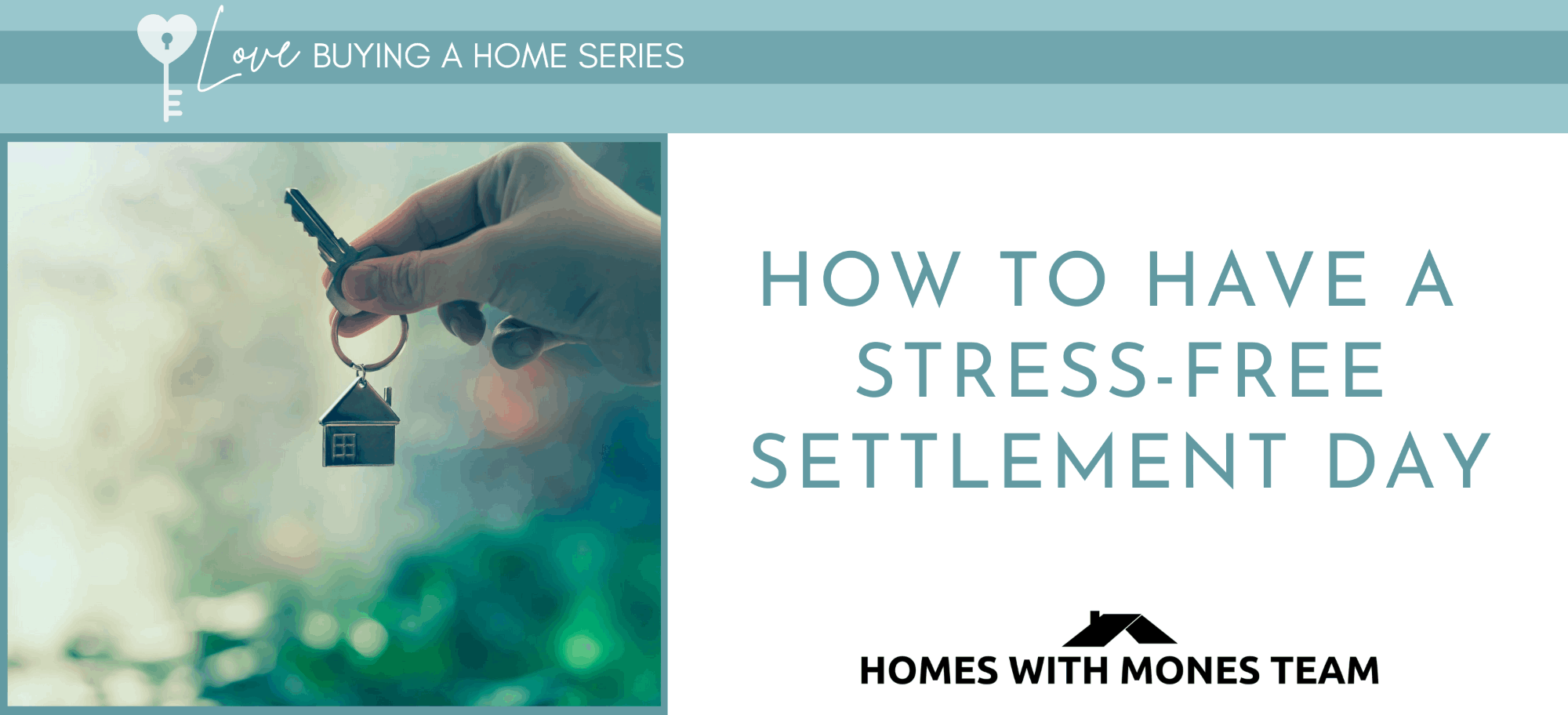
How to Have A Stress-Free Settlement Day
Love Buying a Home series – Week 13 This step-by-step series will take you through the entire home-buying process — from finding a buyer’s agent to settlement day, and all the details in between. Every first-time buyer will find this information-packed series easy to follow andunderstand. This se
Read More
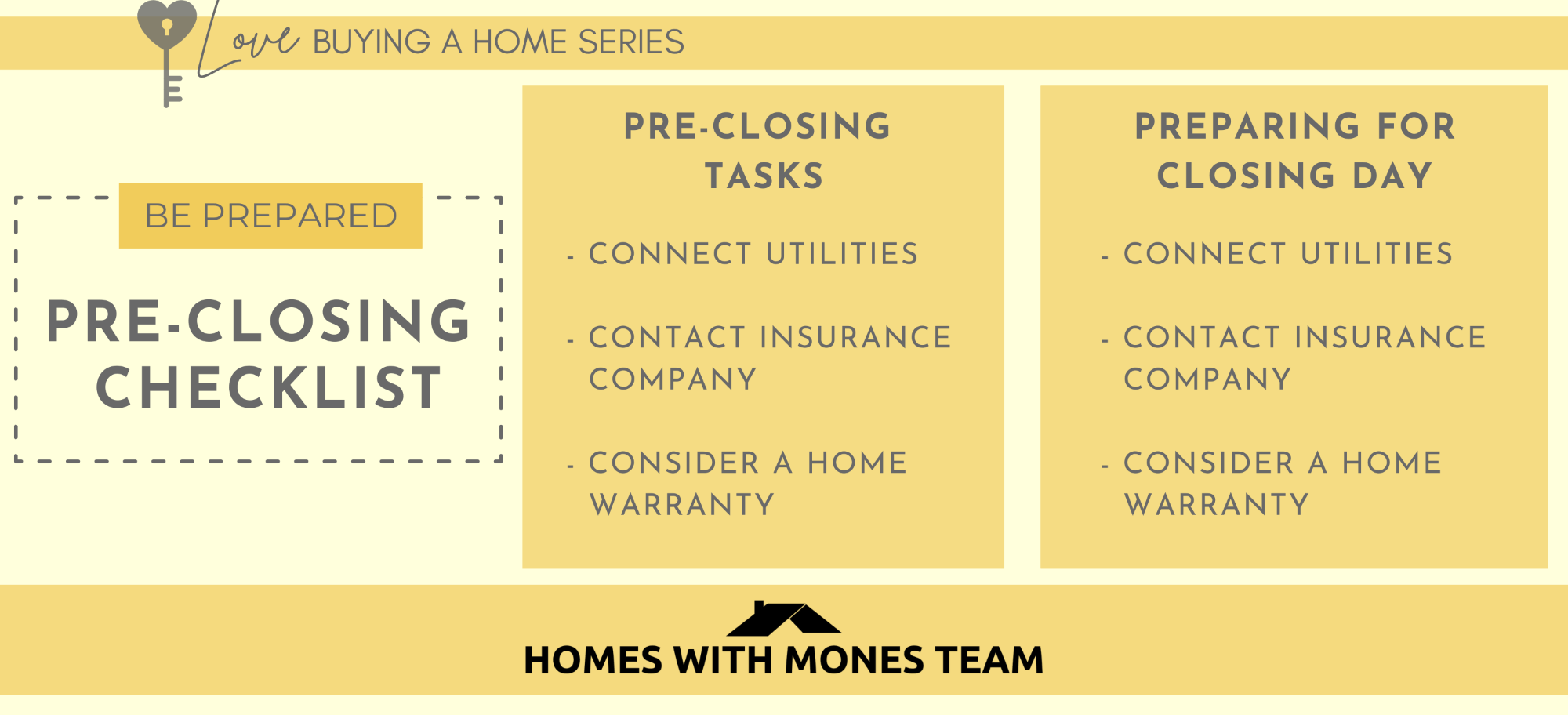
Pre-Closing Details for Buyers
Almost There … Pre-Closing Details for Buyers Love Buying a Home series – Week 12 This step-by-step series will take you through the entire home-buying process — from finding a buyer’s agent to settlement day, and all the details in between. Every first-time buyer will find this information-packed
Read More

Review Those Condo Docs!
Love Buying a Home – Week 11 This step-by-step series will take you through the entire home-buying process — from finding a buyer’s agent to settlement day, and all the details in between. Every first-time buyer will find this information-packed series easy to follow and understand. Make sure to tu
Read More
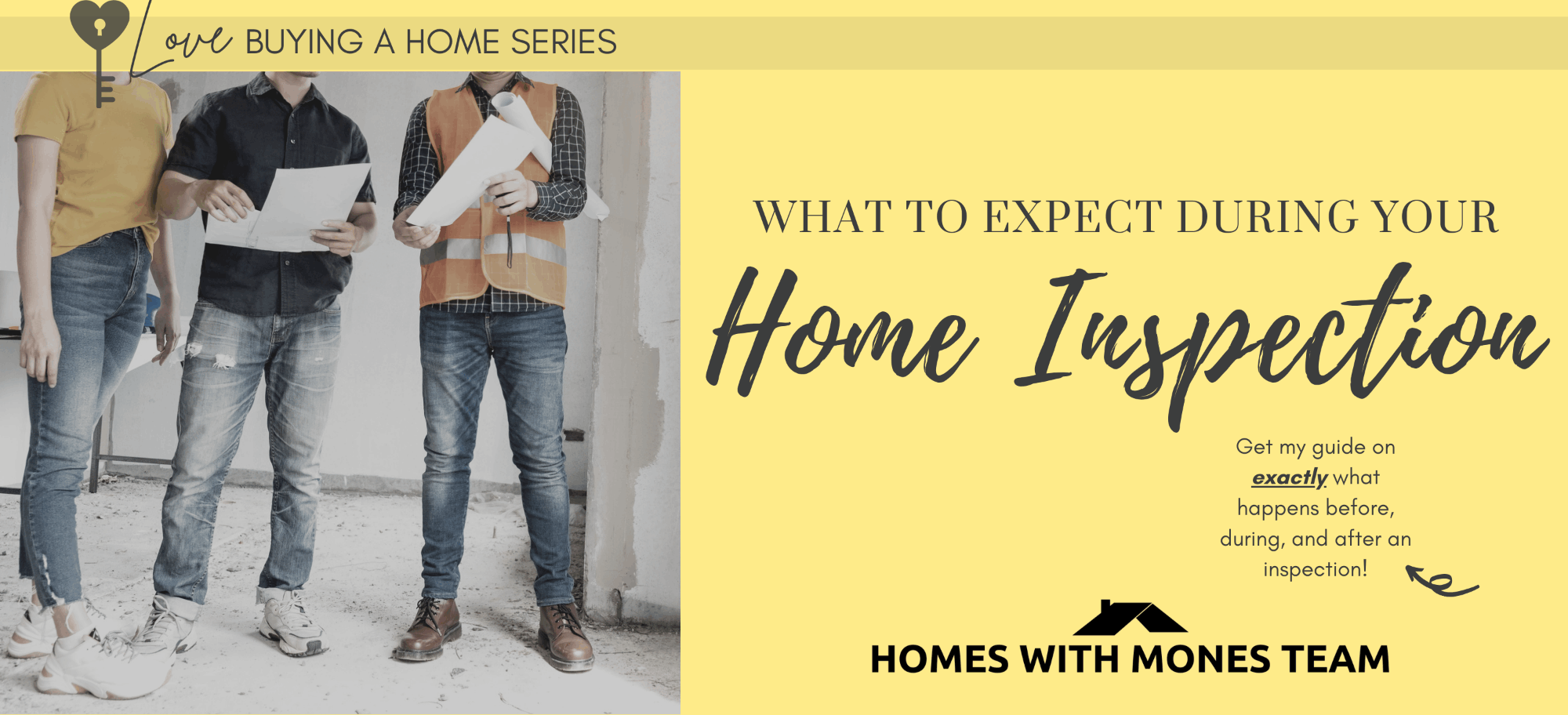
How to Navigate a Home Inspection
Love Buying a Home series – Week 10 This step-by-step series will take you through the entire home-buying process — from finding a buyer’s agent to settlement day, and all the details in between. Every first-time buyer will find this information-packed series easy to follow and understand. Make sure
Read More
Categories
Recent Posts


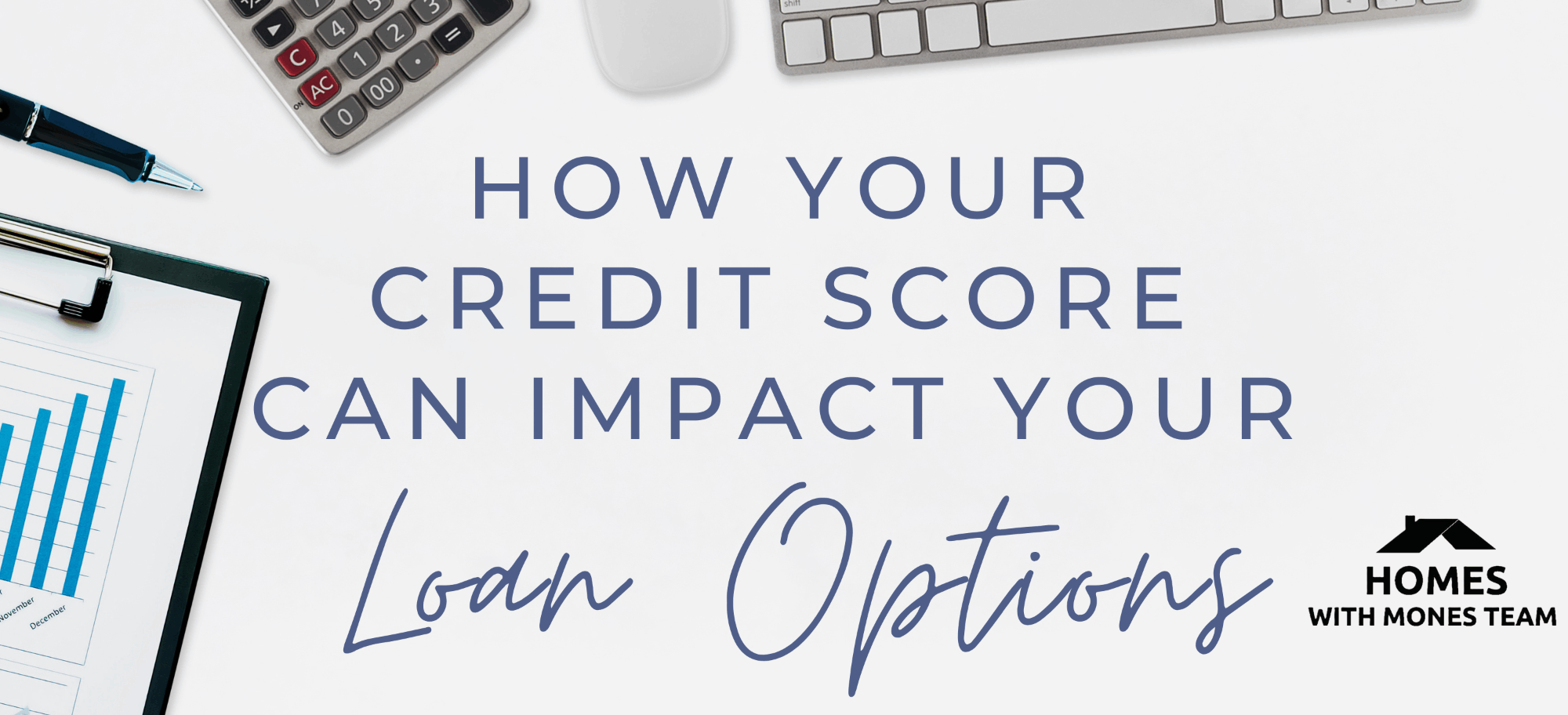
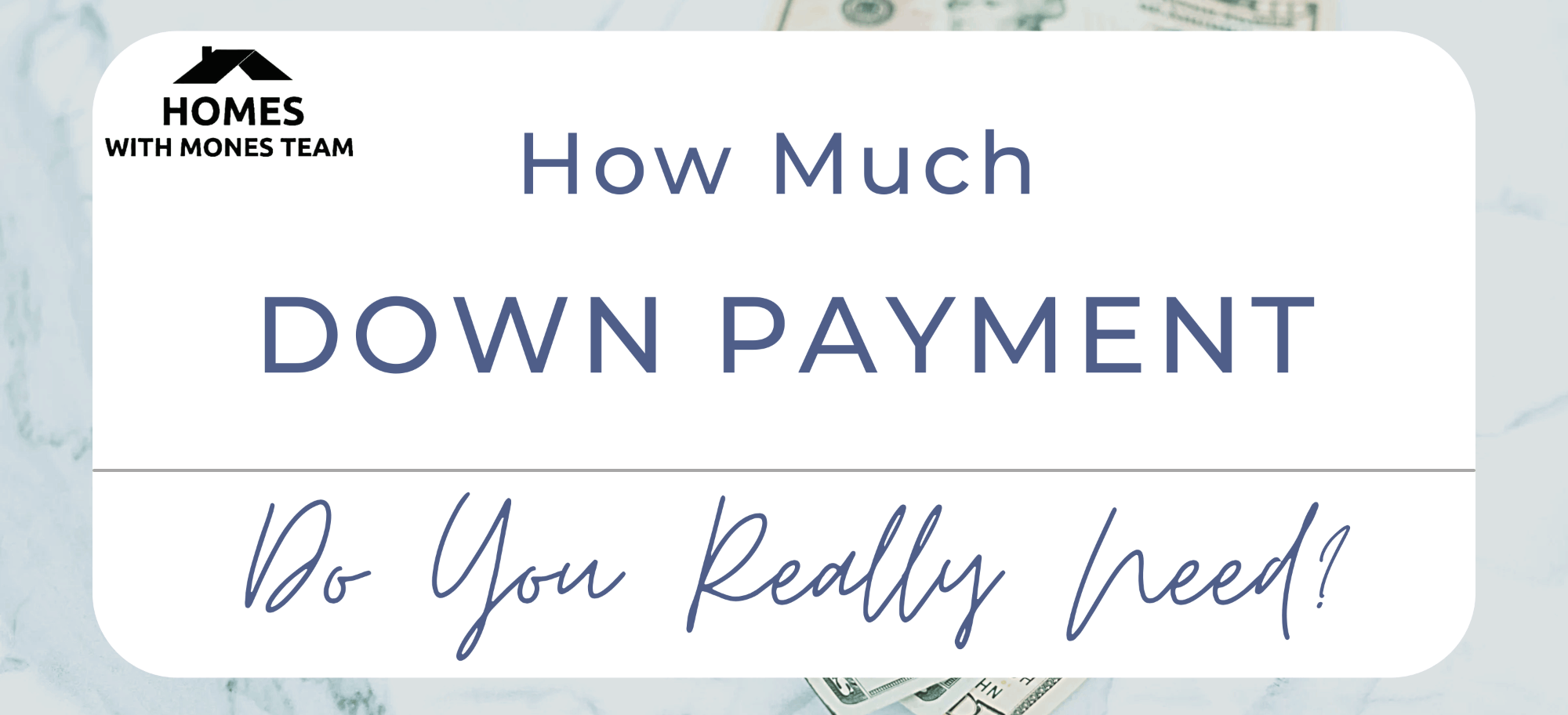
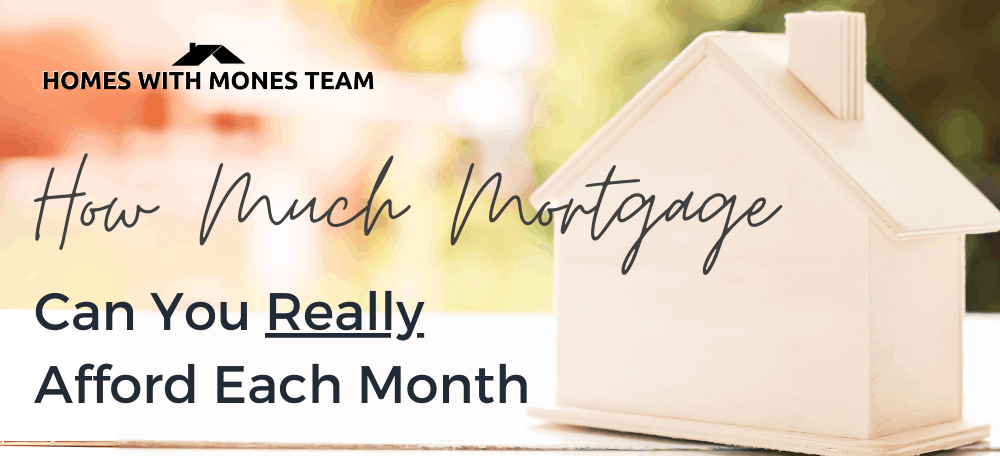
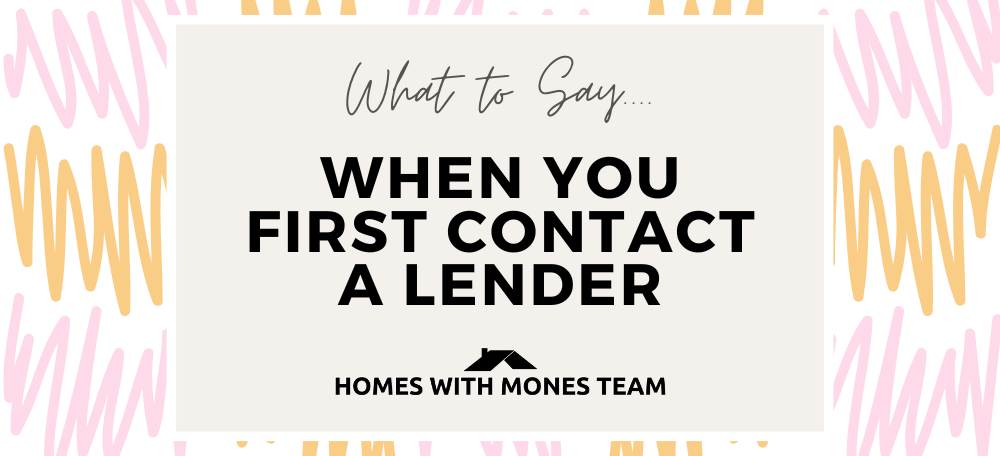
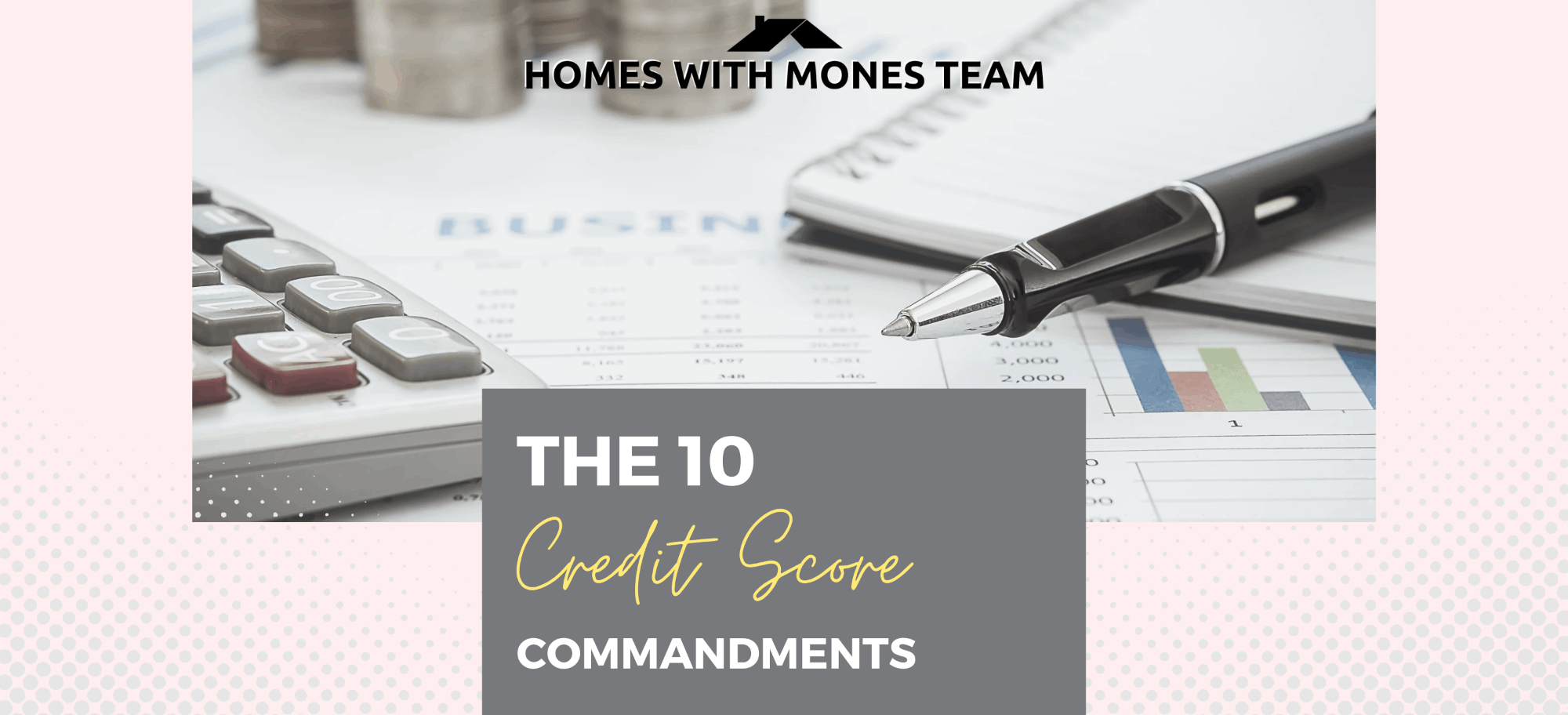
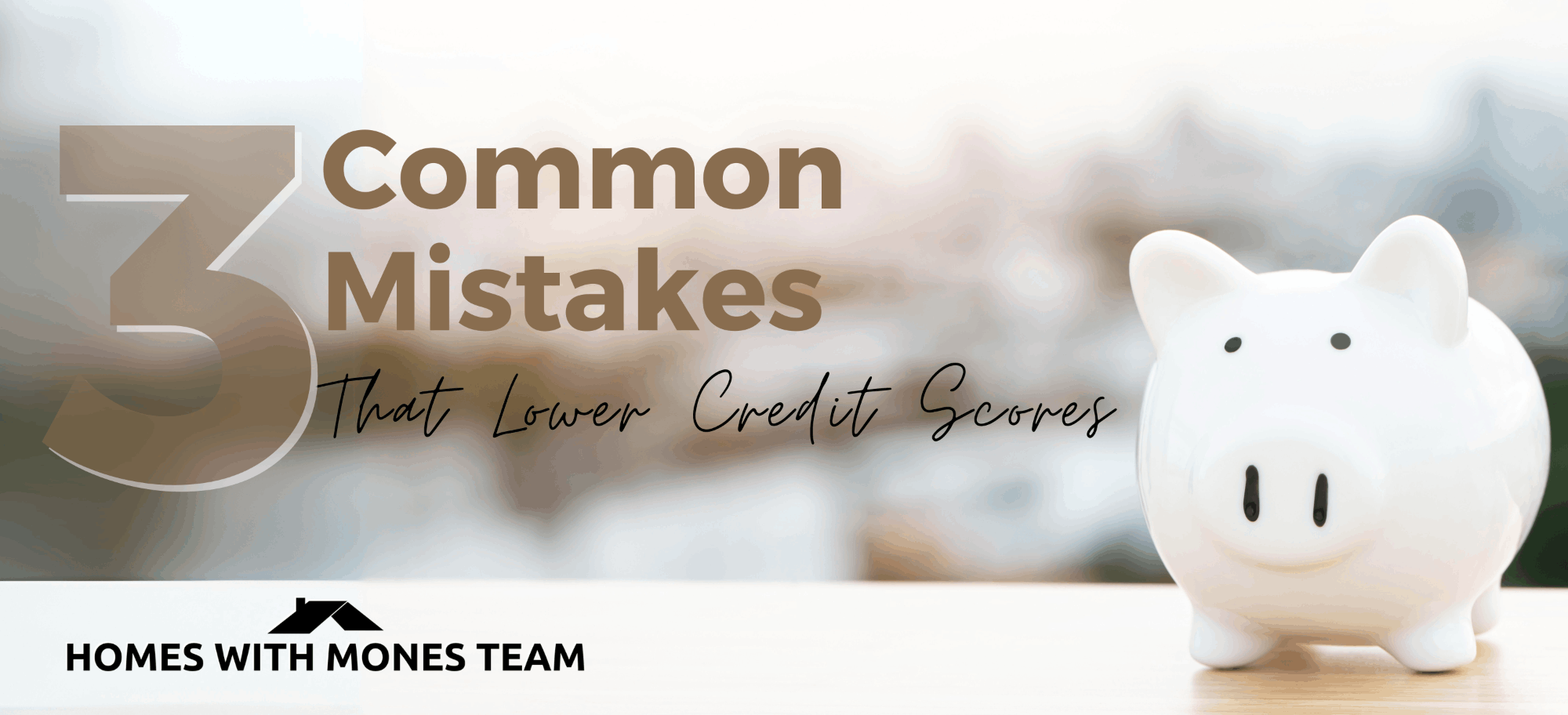

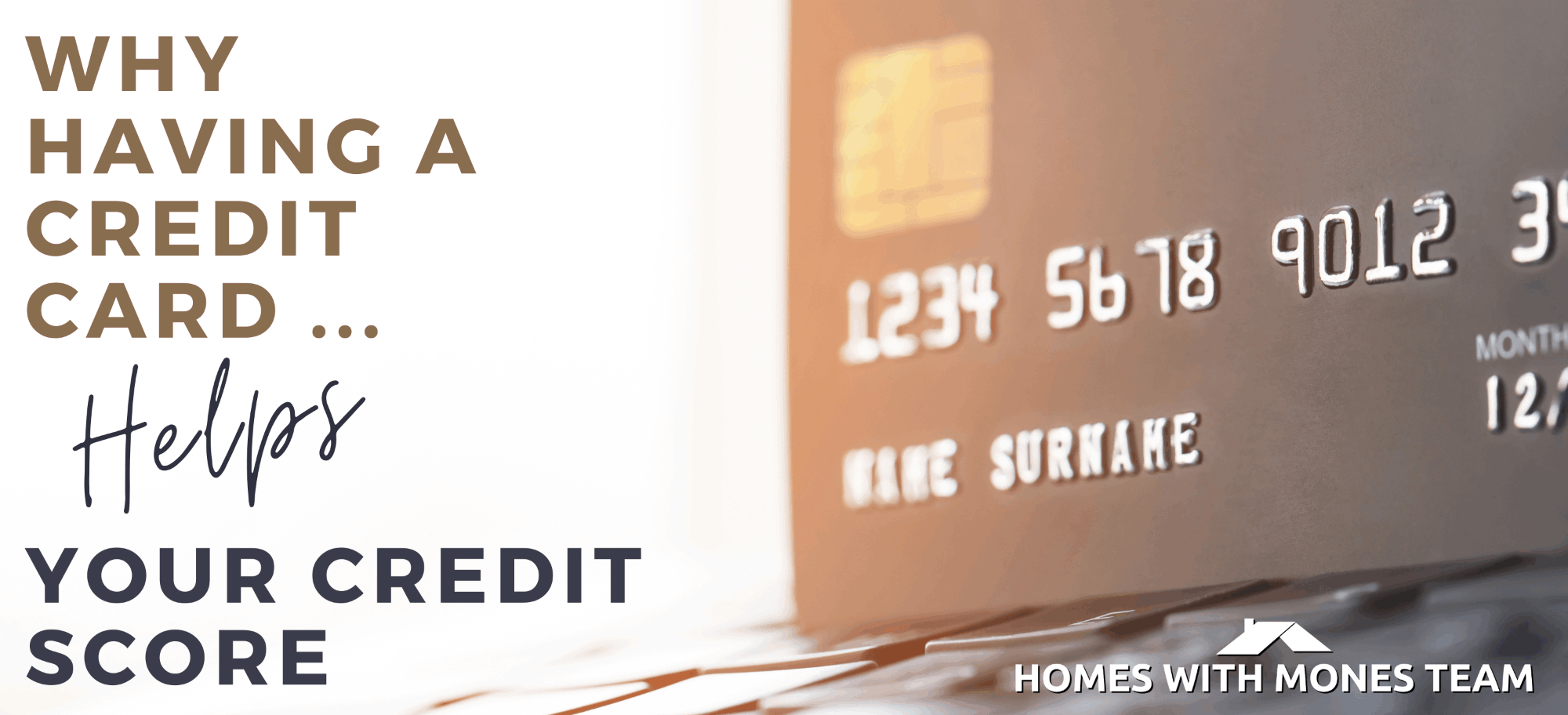
 REALTOR® Lic# SP200205008|5005063|0225251751
REALTOR® Lic# SP200205008|5005063|0225251751I am committed to helping you find your dream home, selling your property for the best possible price, and providing top-notch real estate services. I am dedicated to providing personalized attention and expert guidance to meet all of your real estate needs. Whether you are a first-time homebuyer or an experienced investor, I am here to help you navigate the complex and ever-changing real estate market. I pride myself on local knowledge, professionalism, and commitment to exceeding your expectations. Explore my website to learn more about the services I provide and the properties I have to offer. Contact me today to start your real estate journey
+1(202) 494-0110 lorin@homeswithmones.com1017 O St NW Washington, DC, 20001
https://homeswithmones.com
